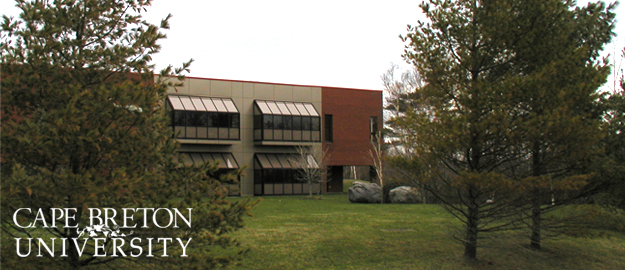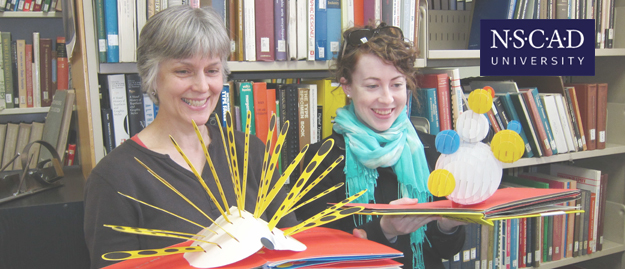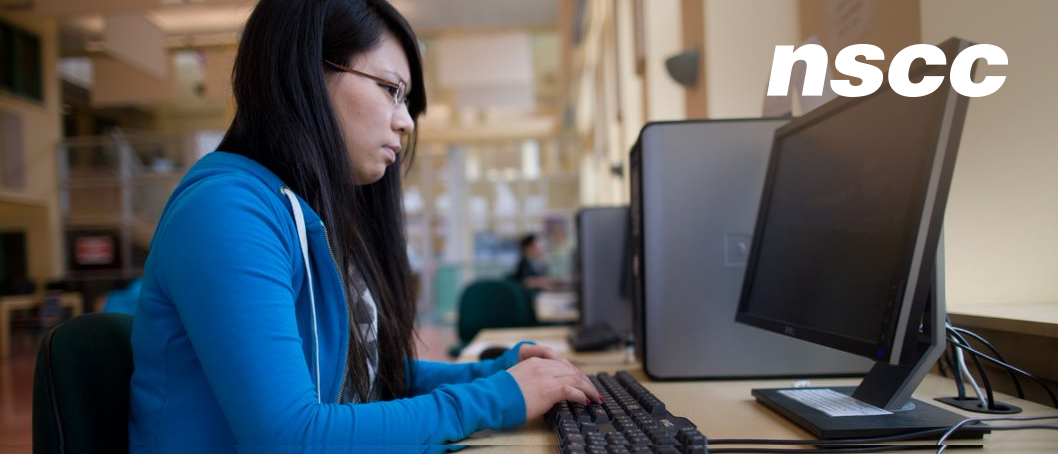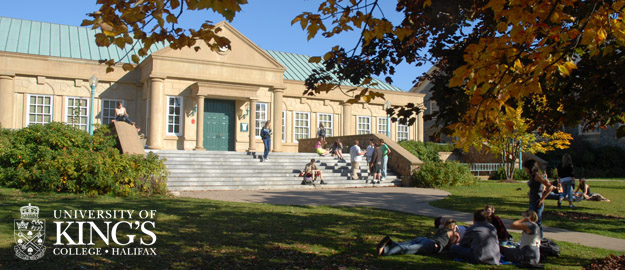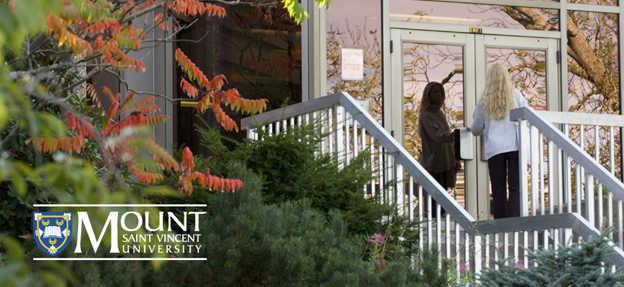Adventures in Alma – Issue #6
Well, I hope you all survived September. I know from talking to many of you that it was kind of weird having students back on your campuses and in your libraries, but exciting as well. Speaking of weird, Pam and Brad are back in the office for the first time since March 2020. I’m not sure if they would use the term ‘exciting’. Regardless I’m glad to have them back.
I’m happy to announce that we have officially entered the implementation phase of the project. We are done with onboarding, which was a kind of ‘getting to know you’ phase for Ex Libris and Novanet. The implementation phase is the one with all the work. We’ll be exporting our Aleph data for an Alma test load, configuring Alma and mapping data. Later in this phase we will be starting training as well. More on all this below.
In this post:
- Novanet Alma Days
- OCLC Reclamation
- Timeline
- Sandbox/Production instances
- Test Load
- Steering Committee/Working Group
- Alma Training and Resources
- What’s next
Novanet Alma Days
Offered over three afternoons in late August, this was the best attended Novanet Day ever with over 220 participants. The virtual environment worked well and allowed for high number of attendees. The feedback we received was all very positive. Many thanks to the organizing committee: Amy Lorencz, SMU; Margaret Vail, StFX, Emily Cooke, AST; and the office staff. And of course, to all of you who attended.
OCLC Reclamation
You’ll recall that ExL uses the OCLC number as its main matching point when loading and deduping records into Alma. So it follows that all our records in Aleph should have a correct OCLC number. OCLC provides a service called a reclamation, where we send them all 3.5 million of our bib records and they perform a matching exercise and send us back the correct OCLC number. That work is now almost complete. We are in the process of slowly adding the new OCLC numbers back into our bib records. It takes a while to add 3.5 million of anything to anything. That should all be completed in the week or so.
Timeline
Here’s a rough draft of some key milestones. All subject to change due to blah, blah, blah …
October:
Test load extract delivered to ExL
Work on Configuration form
November:
Final Configuration form due
Testing Coordination, Training Coordination, Fulfillment Network Working Groups begin work.
December:
Test load delivered
Testing of data migration
Testing of original configuration
January – March:
Testing of data migration
Testing of original configuration
Training plan finalized
April:
Staff Training
Technical Services freeze (late April/early May)
Final Alma configuration updates
Final data migration
May:
Circulation freeze (a few days before Go Live)
Go Live! May 17
Sandbox/Production instance
In Aleph we have one sandbox (Test) and one production (Live) instance, and the Test sandbox is a mirror image of our Live production. Not so with Alma. Now we have two sandboxes and a production instance. The sandboxes (we have two so that we can practice consortial type stuff) are populated with generic Ex Libris data, not our Novanet data. Our production instance is the only one that will contain our Novanet data.
We’ve had access to the sandboxes for a few weeks and the Steering Committee and associated Working Groups have been using them to get familiar with Alma. The Acquisitions, Access, and Cataloguing Service Groups are just beginning to receive access to the sandboxes and will be working on rolling out access to anybody interested in playing with Alma soon. Stay tuned.
There is nothing in our production instance yet. That’s where the upcoming Test load will be migrated to when the time comes. It’s this production instance with our Test load data where we will be testing the data migration and working on configuration up until our final load in May. It’s also the place where we will be doing all the training when we get to that point.
Test Load
In an Alma implementation you get just one test load. That data is then used for all configuration, testing and training until the final load when we go live. So it makes sense that we try and make that load as an accurate as possible reflection of what we want in our final load. Not just ensuring that all the data gets migrated, but also gets to the right place in Alma and that all the mapping of Aleph codes to Alma codes is as correct as we can make them. The test load process has been the major focus of the implementation in the past few weeks. The Steering Committee and WGs have been wading through migration forms and are just beginning to tackle configuration and mappings in preparation for the test data extract and load late this month and next. More info on that to come.
Steering Committee/Working Groups
The Steering Committee continues to meet weekly with Ex Libris, and we also have a follow up meeting with just the Steering Committee immediately following the ExL meeting. This group is the conduit between the project and your individual libraries and have been busy consulting with their libraries to provide information for the migration and configuration forms.
As the project continues, we are striking new WGs as needed. These groups are small and focused in one area and meant to provide advice and recommendations to the Steering Committee in their areas. They typically have a Steering Committee member as lead and are populated by library staff who either volunteered earlier on in the process or are chosen by the lead.
In addition to the Fulfillment, Cataloguing/Metadata and Acquisitions Working Groups, we’ve recently convened three more. The Training Coordination WG is led by Jennifer Richard (ACAD) and Sandy Dwyer (DAL). Their mandate is to work with the Service Groups to organize and plan for training of library staff. The Testing Coordination WG is composed of the Acq, Cat, and Access Group chairs and the Advisory Group members. Their job is to organize the testing of the test data load and ongoing Alma configuration choices. The Fulfillment Network WG is led by Joe Wickens (DAL). Members yet to be determined. Their job will be to explore the methods of resource sharing within Novanet.
Alma Training and Resources
The best place for you to look for Alma resources is on the Novanet web site Alma section (https://www.novanet.ca/members/alma/). Here you’ll find Steering Committee minutes and recordings, configuration forms and associated training, a guide to training videos for Alma and anything else we can think of that relates to Novanet and our Alma implementation. More information on the actual formal training for library staff will come as we develop the training plan.
What’s next
In the next few weeks we will be:
- Planning for the Test data extract
- Completing a configuration work form for all libraries
Thanks for reading and more to come.
Bill




